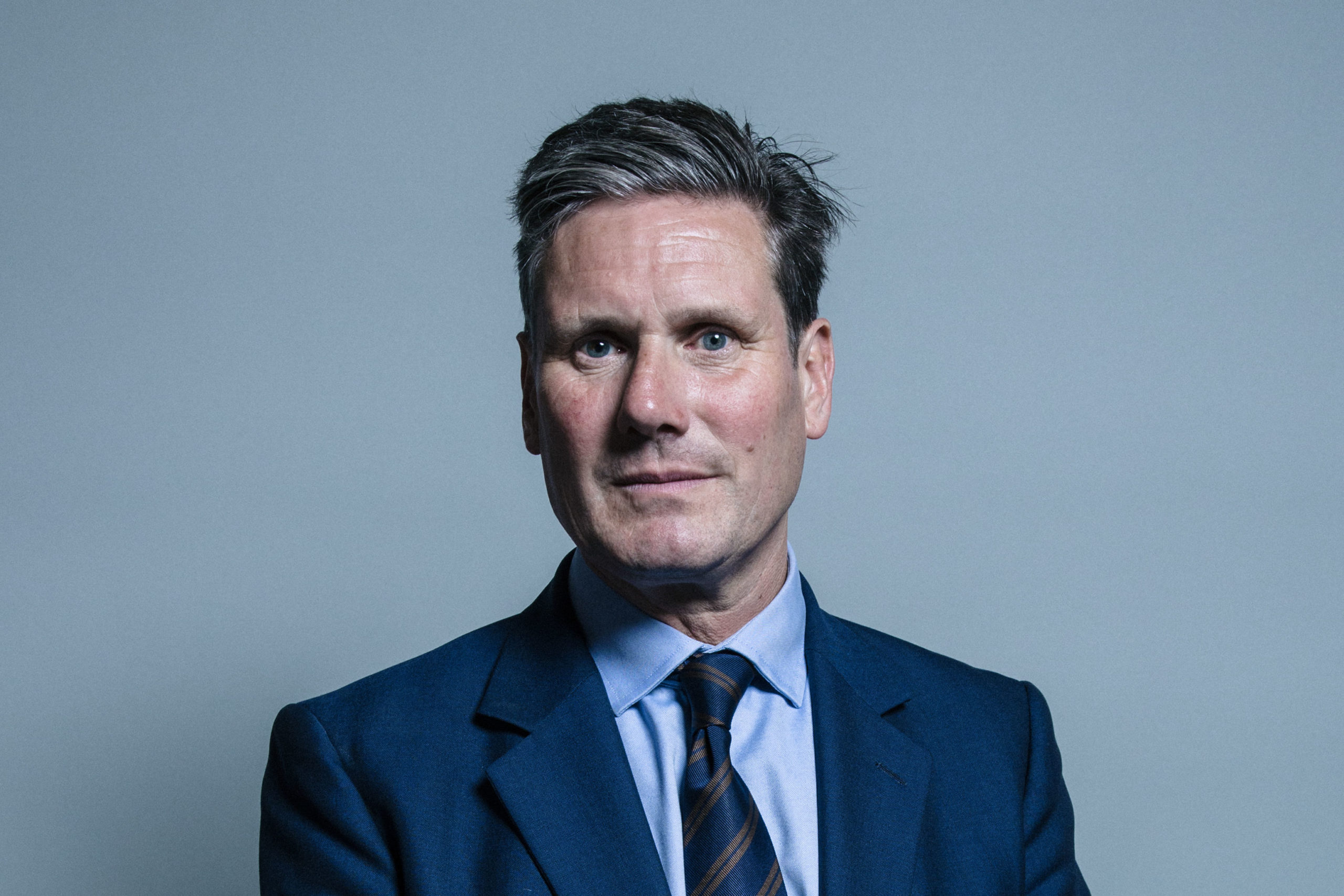The Labour leadership and deputy leadership election ended unexpectedly on April 4th. The new leader, Keir Starmer, and Deputy, Angela Rayner, had to publish acceptance videos on their social media pages as a result of COVID-19. It certainly isn’t an easy time to take on these roles. We are in a national crisis: caring for the vulnerable, something which the Labour Party has always prided itself on, has never been more important.
Starmer had been accused of running a lacklustre campaign that lacked the energy and dynamism of Jeremy Corbyn’s 2015 leadership pitch. However, he ultimately achieved his goal with a resounding victory (fifty-six per cent of the vote in the first round) against the other candidates, Rebecca Long-Bailey and Lisa Nandy. Starmer has been tipped by many Labour MPs as the candidate who has the greatest ability to win back Labour votes lost in the last general election and to attract new voters, thus enabling the Party to form a majority government in 2024. The son of a toolmaker who later became the Director of Public Prosecutions, Starmer’s supporters believe that he can appeal to both traditional working-class Labour voters and middle-class voters. The election of Rayner, a Mancunian who comes from a working-class background, could also be very beneficial for Labour. She is an excellent campaigner and passionate speechmaker. She will be instrumental in winning Labour’s northern heartland seats back, rebuilding the so-called ‘Red Wall’ which effectively crumbled last December.
A key challenge for the new Labour leader will be to gain back the trust of the Jewish community and expunge the shameful scourge of anti-Semitism which has gripped the party over the last four years. One of the most memorable parts of Starmer’s victory speech was his heartfelt apology to the Jewish community and his promise to tear out anti-Semitism in the Party ‘by its roots’. However, the new leader has also clearly taken into account the fact that actions speak louder than words regarding such an issue. He has already held a video conference with representatives from various Jewish organisations whose leaders have praised him for making this issue a priority despite the current COVID-19 emergency.
Starmer hopes that Jewish Labour members and former MPs such as Dame Louise Ellmann, who left the Party because of anti-Semitism, will feel comfortable to return. If he continues to forge better relations with the Jewish community by improving the Party’s complaints process and immediately expel any members who have made anti-Semitic comments, then this may well be the case. Starmer and Rayner have swiftly launched an investigation into the recently leaked report that suggests that “factional opposition” to Corbyn’s leadership by some senior Labour Party officials also hindered effective handling of anti-Semitism.
Starmer’s new shadow cabinet is an interesting mix of both fresh talent and old faces. Anneliese Dodds, the new Shadow Chancellor, and Nick Thomas-Symonds, the new Shadow Home Secretary, are both fairly unknown to the general public, whereas former Party leader, Ed Miliband, has made a return to the frontbench as the new Shadow Business Secretary. Although Starmer has promised to keep many of Corbyn’s key policies such as abolishing tuition fees and promoting a Green New Deal, he has removed many Corbyn loyalists such as Richard Burgon and Ian Lavery from the shadow cabinet. Having a strong opposition at a time of national crisis is essential. There are, of course, divisions within the Party that can hopefully be eradicated so that it can improve its chances of winning a General Election. Despite this, the key focus for Starmer right now should be to try and support the Government whilst scrutinising policy and continuing to promote traditional Labour values. Years of division in the Labour Party have exasperated and alienated many members: hopefully, Starmer will succeed in uniting all factions of the Party, stopping Labour from pressing the self-destruct button once again.
Sophie Connor
Image: Wikimedia Commons.

